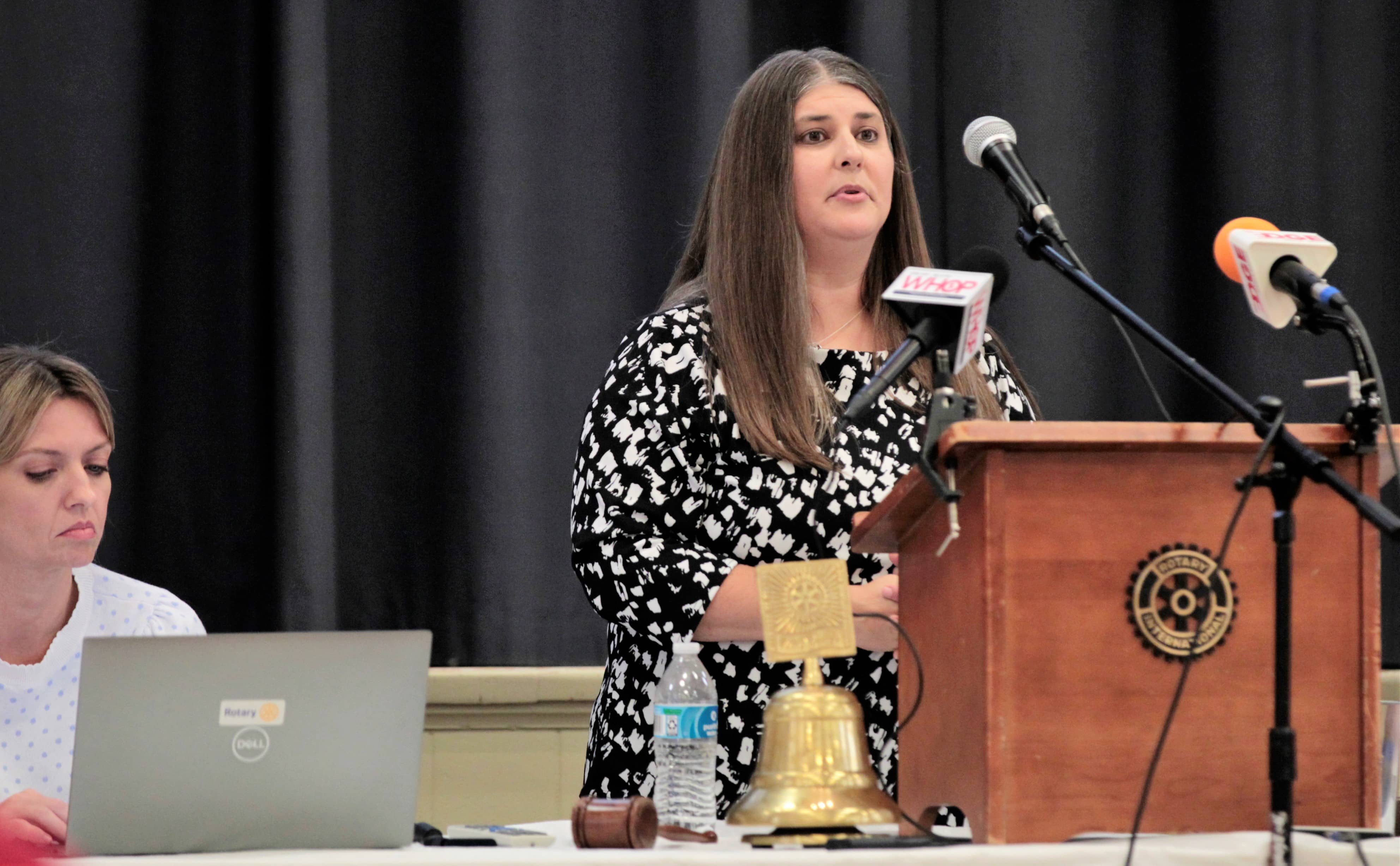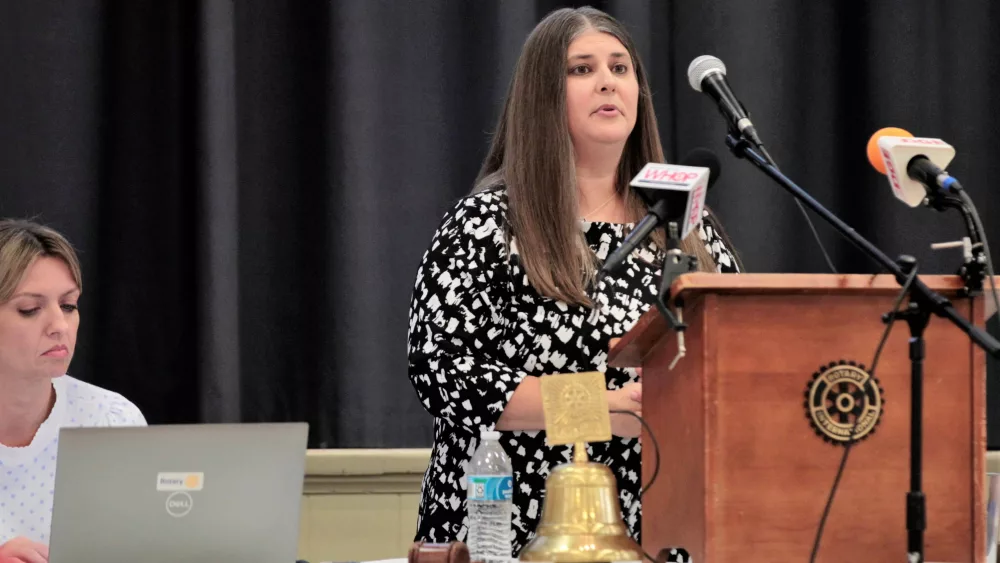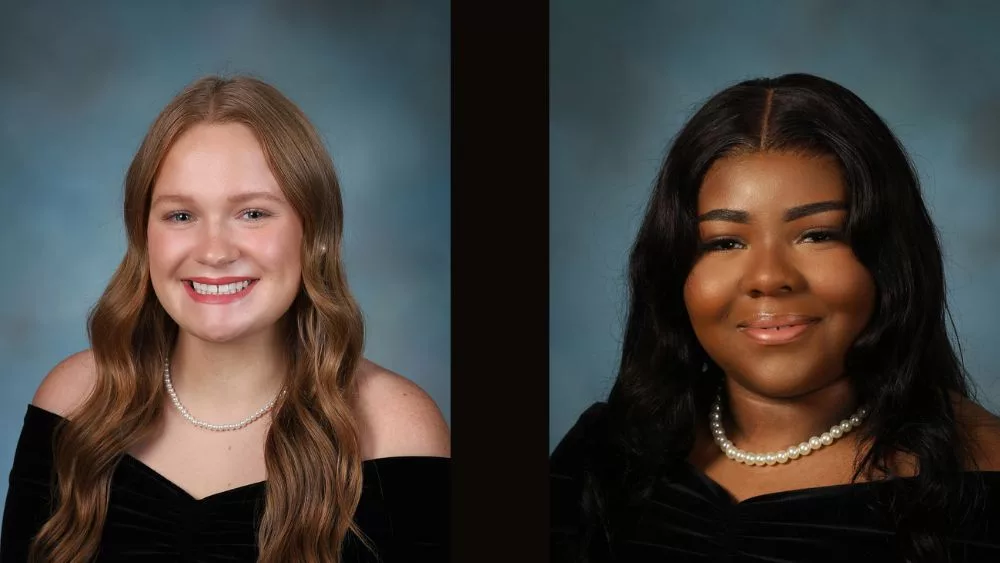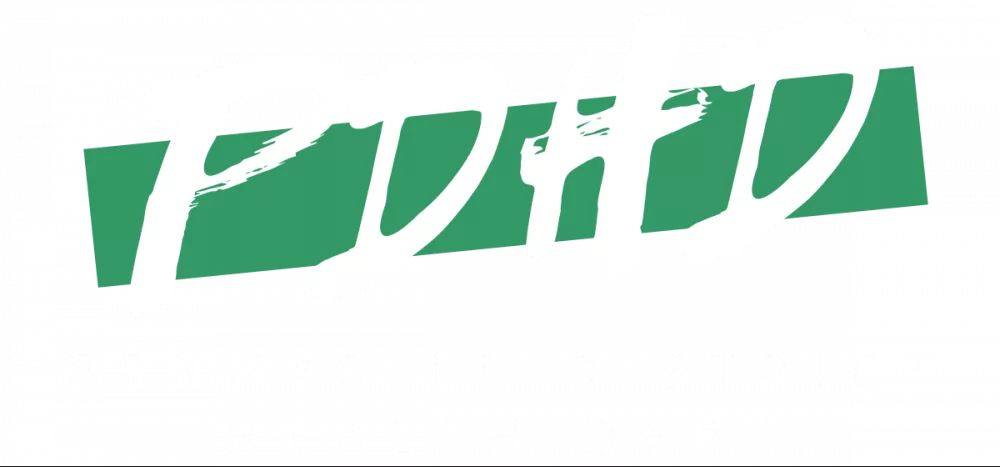
Like any other scholarship program, its providers always want to look at the most effective way to impact young learners at the next level.
Things was clear Tuesday afternoon, when Hopkinsville Community College Admissions Advisor Julie Hyams held an open program with the City of Hopkinsville’s Rotary Club — which, of course, is the main source of the annual HCC Rotary Scholars program.
Its eligibility requirements, Hyams said, are fairly rigid — providing a good goal and gateway for those seeking career and achievement.
Any high school student that graduates from Christian County Public Schools, Heritage Christian Academy or University Heights Academy, finishes with a cumulative high school GPA of 2.5, a cumulative high school attendance of 95%, a lack of high school expulsion, completes a GEN 100 “Introduction to College” course with a “C” or higher, finishes their FAFSA applications by May 15 and enrolls in 12 HCC credit hours by the same can apply to be a scholar.
Hyams confirmed, too, that the Rotary scholarships fill in the blanks — following first the payments from other scholarships, as well as PELL and CAP grants, before clearing other potential tuition gaps.
For 2023, Hyams said students, parents and administrators need to be prepared for a more intensive FAFSA process.
Of all eligible Rotary scholars from Fall 2021 and Fall 2022, Hyams said 64% were assisted by Hopkinsville’s club — meaning 36% either didn’t need it, or didn’t apply for it.
Furthermore, nearly 3,300 students in Christian County have been eligible through these stipulations since Fall 2012. Of those, around 1,600 have become Rotary scholars. And of those, 38% have received some sort of credential from HCC and either gone directly into the workforce, or on to a four-year program.
She said Rotary scholars, more often than not, are seeking transferable degrees with the pursuit of STEM or nursing in mind, and that many are looking at the Applied Science track.
According to Fall 2022 data, Hyams said 60% of eligible Rotary scholars enrolled at HCC, 85% of them earned a 2.0 college GPA or higher, 70% of them retained eligibility and 57% of them have either continued at HCC or completed a credential.
The other 43%, however, is where the retention study begins. She said 1% transferred to a four-year or similar university without a credential or four consecutive semesters at home. Nearly 30% lost eligibility after the first semester, due to either failed courses or dropping below 12 hours. The other 12% lost eligibility after a second semester, after failed courses, dropping below 12 hours, or moving away from the campus.
Recent steps have been taken in order to work through student needs.
Hyams also noted that, at the request of Hopkinsville Rotary leadership, HCC will begin collecting some new data points — in order to better understand and enrich the scholarship program.
This includes the tracking of students after they leave HCC for a university, while the exploration of raising the high school GPA requirement to 2.75 from 2.5 has been discussed.
HCC is also working to provide quarterly updates to the Hopkinsville Rotary Club, and Hyams touted HCC’s Academic Advisor Alexandria Carrington as one of the program’s critical success stories — a local graduate working through Rotary, eventually rising to this station.
Carrington can be reached by phone at (270) 707-3824, by email at alexandria.carrington@kctcs.edu, or in her Room 204 Technology Center office.




